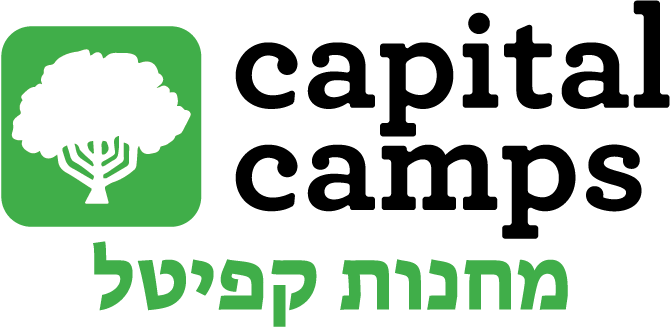Hello from Europe, Capital Camps!
Our Leaders-in-Training (LITs, rising 11th grade) have been in Europe for a week, and this trip has been truly remarkable. So far, we have seen some of the oldest synagogues in Europe, walked through the Jewish quarter of Prague, and listened to some beautiful music in a gorgeous Spanish synagogue.
As Jewish people, we know that our history is so important to our present lives and future generations. Our LITs are expanding their perspectives and really navigating complex experiences, asking interesting and tough questions. Their curiosity is immense and gives me hope for the future of the Jewish people, especially as we are in the places where that future was almost entirely destroyed. We began our journey in Munich and below are some recaps from our second stop of the trip in Prague:
7/10 Recap:
The LITs had an incredible first full day in Prague. We began the morning by visiting the Prague Castle and the Parliament. We made our way to the Pinkas Synagogue, the Maisel Synagogue, and the Old-New Synagogue, where we learned the rich history of the Jewish people in Prague. We ate lunch in the Jewish quarter and many campers made sure to try the famous Chimney Cake! We had an awesome afternoon doing summer bobsledding, followed by our dinner in Prague’s Old Town. We ended the night at a classical music concert at the Spanish Synagogue.
7/11 Recap:
Today the LITs experienced a mixture of meaningful, fun, reflective, and celebratory moments. The day began by heading to the Terezin Concentration Camp. We explored the caves, walked the train tracks, and observed the crematorium. One of our campers is a fourth-generation survivor of Terezin and shared his story, helping establish an even stronger connection to the tour. Seeing the barracks and crematorium of Terezin, to walk under the Arbeit Macht Frei (work makes you free) sign was beyond words. Following the tour, we had a lighter change of pace at the Fun Arena, where campers partook in archery tag, human foosball, 8-ball pool, and more arcade games. Finally, we got ready for Shabbat, which kicked off with a dinner at Chabad of Prague. After the meal, we broke out into an impromptu Shabbat session, reciting classic camp songs and bringing the campy feeling all the way to Prague.
7/12 Recap:
The LITs had a reflective and relaxing Shabbat. We headed to Chabad of Prague for camper-led Shabbat morning services, followed by group reflection time. Following lunch, we enjoyed a walking tour of Prague’s astronomical clock area and the Charles Bridge. We spent the afternoon enjoying some free time in Prague’s Palladium, and concluded the night with a Havdalah service back at the hotel.
7/13 Recap:
Today we departed Prague and headed to Vienna. We stopped along the way at Aqualand Moravia for a fun waterpark adventure. Once we arrived in Vienna, campers enjoyed free time, some of whom enjoyed a game at Top Golf.
We look forward to continuing to share this journey with everyone.
Best,
Brenda Serpick, LIT Coordinator
Ariella Ball, Ben Weiner, Sophia Schwab, LIT Counselors
